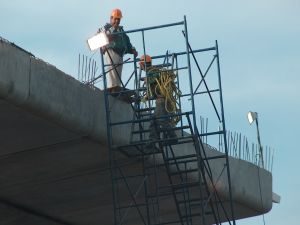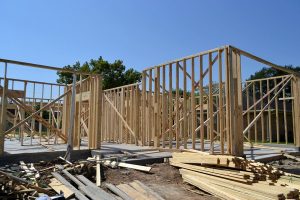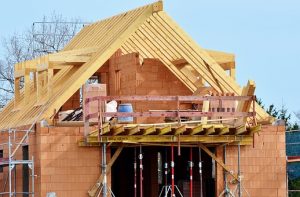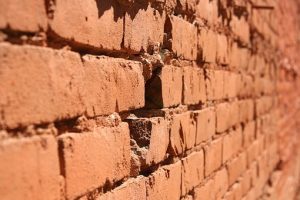Claims of Negligence by an Engineer in New Jersey Construction Litigation Must be Supported by Expert Opinion in an Affidavit of Merit
New Jersey construction litigation often involves claims against contractors for improper construction or delay. Contractors, in turn, often argue as a defense, counterclaim or cross-claim that any delay or improper construction was the fault of the licensed professional on the project, such as the engineer or the architect. Owners may also make these claims against architects and engineers directly. A trial judge in the Superior Court of New Jersey in Morris County recently addressed what is required to maintain such a claim in the case of Township of Parsippany-Troy Hills vs. Thomas Controls, Inc.
the project, such as the engineer or the architect. Owners may also make these claims against architects and engineers directly. A trial judge in the Superior Court of New Jersey in Morris County recently addressed what is required to maintain such a claim in the case of Township of Parsippany-Troy Hills vs. Thomas Controls, Inc.
Background: The Lawsuit
The Township of Parsippany-Troy Hills sued Thomas Controls, Inc. over its work on construction improvements to the Township’s wastewater management treatment plan project. The Township had separately contracted with Keystone Engineering Group to act as engineers on the project. Thomas filed counterclaims against the Township and filed a third-party complaint against Keystone, suing it for alleged negligence, delay and professional malpractice. Keystone filed a motion to dismiss Thomas’s third-party complaint, arguing that the New Jersey Affidavit of Merit Statute requires that an affidavit of merit must be filed within 120 days of a defendant filing an answer when the defendant is a licensed professional and the claims are for negligence or professional malpractice. As a licensed engineer, Keystone argued that this law protected it because Keystone did not file an affidavit of merit within the required time frame.
 New Jersey Lawyers Blog
New Jersey Lawyers Blog



 litigation process, but still provide an enforceable dispute resolution process.
litigation process, but still provide an enforceable dispute resolution process. but not including any order requiring the taking of emergency measures….” This is an important tool under New Jersey
but not including any order requiring the taking of emergency measures….” This is an important tool under New Jersey  agreed to and then not get paid, despite the fact that they met all the project’s specifications and did a great job. It is a well-founded worry. Companies or people who don’t want to pay devise many different schemes, sometimes claiming defects with the work, delay damages, failure to do proper paperwork, the excuses are as varied as is human imagination. To be clear, sometimes these claims are legitimate, but sometimes they are not, and good contractors need to get paid to do the work and to stay in business.
agreed to and then not get paid, despite the fact that they met all the project’s specifications and did a great job. It is a well-founded worry. Companies or people who don’t want to pay devise many different schemes, sometimes claiming defects with the work, delay damages, failure to do proper paperwork, the excuses are as varied as is human imagination. To be clear, sometimes these claims are legitimate, but sometimes they are not, and good contractors need to get paid to do the work and to stay in business. actors and building suppliers in the prosecution and defense of construction lien claims.
actors and building suppliers in the prosecution and defense of construction lien claims. Disputes over construction projects can be costly, time-consuming, complex and unpredictable endeavors. Arbitration is a mechanism often used to avoid these pitfalls by many in New Jersey construction law. Attorneys from our firm have significant experience in litigating and arbitrating construction disputes. One of the most contentious areas is whether a dispute is subject to arbitration or whether it may be litigated in court. Even more complex is trying to figure out which parts, if any, are covered by an arbitration in multi-issue disputes. New Jersey’s courts recently faced just this problem and issued an important precedential decision.
Disputes over construction projects can be costly, time-consuming, complex and unpredictable endeavors. Arbitration is a mechanism often used to avoid these pitfalls by many in New Jersey construction law. Attorneys from our firm have significant experience in litigating and arbitrating construction disputes. One of the most contentious areas is whether a dispute is subject to arbitration or whether it may be litigated in court. Even more complex is trying to figure out which parts, if any, are covered by an arbitration in multi-issue disputes. New Jersey’s courts recently faced just this problem and issued an important precedential decision. The New Jersey Supreme Court recently issued an important decision in the case of
The New Jersey Supreme Court recently issued an important decision in the case of  In the case of
In the case of